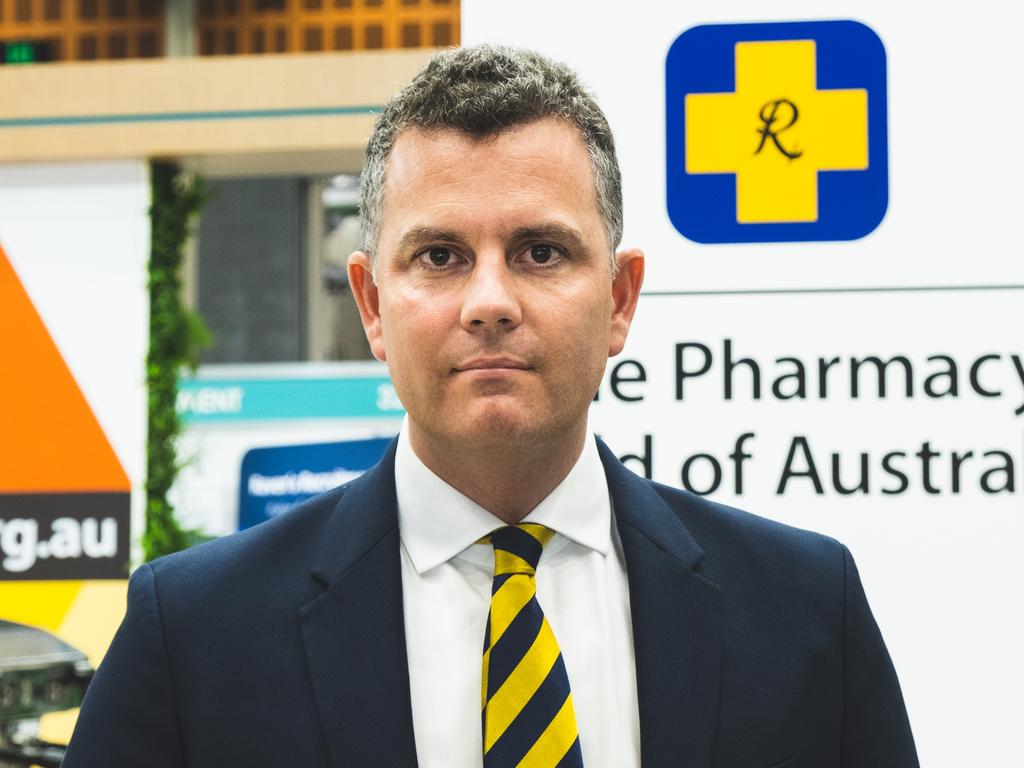Prescription medicines changes place savings for patients ahead of profits for pharmacies


There is no way to read this for consumers other than a sensible change that shifts the balance in favour patient affordability and convenience. It may also make it a little easier to get an appointment with a GP.
Eight million Australians are living with at least one chronic health condition, and millions more, two or three. That means many people are taking multiple medications. Currently, each time you fill a script, you pay a Pharmaceutical Benefits Scheme co-payment. It’s pretty hefty: $30 per script for most people, or $7.30 for pensioners. Under the shift to 60-day prescribing, you’ll pay the same price for double the supply.
You can see whether your medications are on the list that will be subject to 60-day prescribing in the PDF above (or here). Many common drugs for lowering blood pressure, preventing stroke, diabetes drugs that are not subject to shortages, asthma medications, and some cancer drugs are on the list. However, some other common drugs are not on the list, such as those which are subject to medicine supply shortages, as monitored continually by the Therapeutic Goods Administration.

The policy decision to introduce 60-day prescribing is being claimed by the Albanese government as a political win as part of its cheaper medicines policy platform. But this is actually an enactment of an arms-length recommendation of the independent Pharmaceutical Benefits Advisory Committee which noted as far back as 2018 that the change made sense for consumers and prescribers. This is the same body that regulates medicines and keeps a continual watch on supply shortages.
According to Health Minister Mark Butler, around seven of the medications that will be subject to longer dispensing are currently in shortage. That rather torpedoes the Pharmacy Guild suggestion this change will result in “mass medicine shortages”.
To be clear, the supply shortage of some medications is real, and critical. A solution is desperately needed but there’s no immediately and clear solution. The crisis is a product of the fact that Australia is a small market and imports the vast majority of our medicines.
But the suggestion that the notably conservative PBAC would have moved to recommend a shift to prescribing arrangements that will plunge Australia into a medicines “hunger games” is not supported by the available facts.

The bottom line is you will get more medicines for less at the counter at the pharmacy.
Pharmacy profits are likely to be impacted, but pharmacy as a sector is well-capitalised. A very large chunk of pharmacy takings are upselling items off the shelf, spending in pharmacies lifted 34 per cent in the past four years, and the trend is continuing upwards – unlike most Australians’ incomes, as many struggle with rising mortgage and food costs.
Whatever the financial climate, but in this one especially, this change can only be described as welcome and long overdue. It places consumers’ interest before that of industry, and in the absence of any proper evidence of an ultimately detrimental impact on patients, that is entirely the way it should be.





The upshot for consumers of the changes to pharmacies prescribing for around 300 common medicines is simple: the cost of obtaining your medicine from the government is halved, as are your trips to the pharmacy.